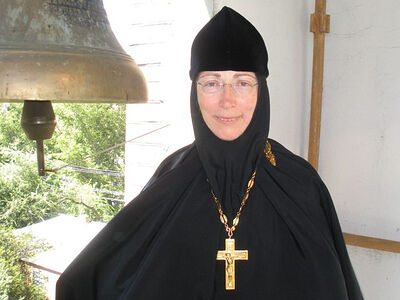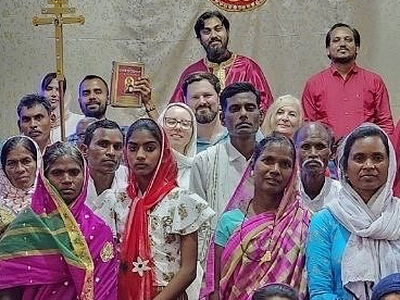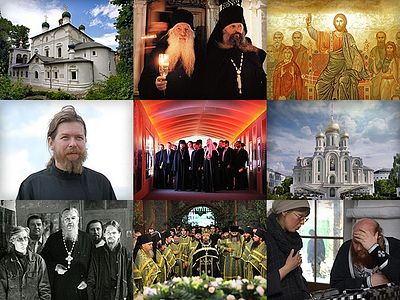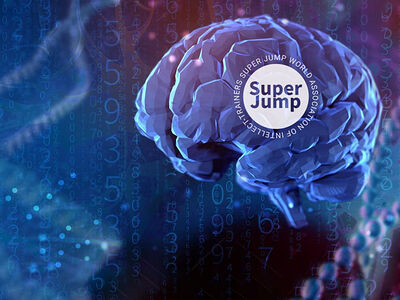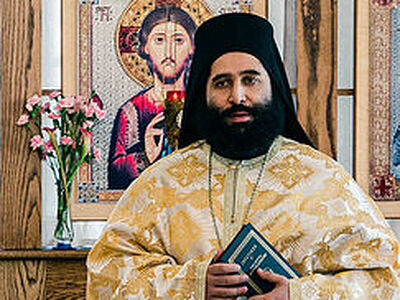SOURCE: Sun-News
By Fr. Gabriel Rochelle
 |
I have quoted Albert Camus before, that naming things inaccurately adds to the misery and suffering of the world. It's true. That is why Christian thinkers took centuries to work out the recipes for the faith. Contrary to popular notion our dogmas are few, though the teachings are many. Dogmas are teachings that have proven to be so important that, without them, the faith will be lost. They are foundational, basic, rock bottom.
Since the Middle Ages, the torn fabric of Christianity has led to our contemporary situation, where all manner of things get called "Christian" that may not warrant the definition. Disastrous consequences await those who tear up the fabric of the faith and offer it piecemeal to others. We see them in the spiritual wandering and dissatisfaction people suffer when the faith is not grasped in wholeness.
Many Americans seem to feel that it makes no difference what is taught as Christianity. Some folks misunderstand it, but few people teach it accurately, which is to say in accord with the Great Tradition. The Great Tradition is shared across "denominations," even if minimally. It's not the whole story, but it's a beginning. You find it in books such as C.S. Lewis' "Mere Christianity" or John Stott's "Basic Christianity," though both of these Protestant recipes for the Great Tradition omit much that Roman Catholics and Orthodox consider essential. In Orthodoxy, we have Archbishop Kallistos Ware's best-selling "The Orthodox Way." Thomas Howard's "On Bring Catholic" is a popular contemporary treatment of Roman Catholicism.
There is a difference between "belief" as our subjective feeling about God and the actual faith of the church. These are two different things, though they are often confused. Without these core teachings, faith bogs down in a mire of personal notions. This difference is a tough sell in America, where we "make it up as we go along," but historic Christianity has a message and it is precisely formulated. It is also not overbearing if you approach it knowing that the church is offering a recipe, and the end product will not be the same if you disregard the ingredients. It may still bear the name of Christianity, but it may not be what you had in mind.
The teachings of the Great Tradition are not individual subjective beliefs; they are the core of faith which it behooves people to consider, contemplate and digest to shape their own faithfulness. Jesus as Messiah is at the heart of these teachings — so is God who rescued Israel from Egypt and who raised Jesus from the dead. And so is the Spirit, sent by God the Father as a witness to the truth. You may disregard these teachings, but you do so at risk of missing the heart of the faith. That is not grounded in emotional feeling arbitrarily named as "faith."
I am deeply interested and engaged in the mystical path, as I have written in many columns. But I know that you get lost in cul-de-sacs and endless circles on that path if you simply follow your own nose. That is why every major tradition — I don't care where you look, Buddhism, Judaism, Islam, Christianity — asks you to become deeply invested in and knowledgeable about core teachings before you go off on the path of mysticism.

